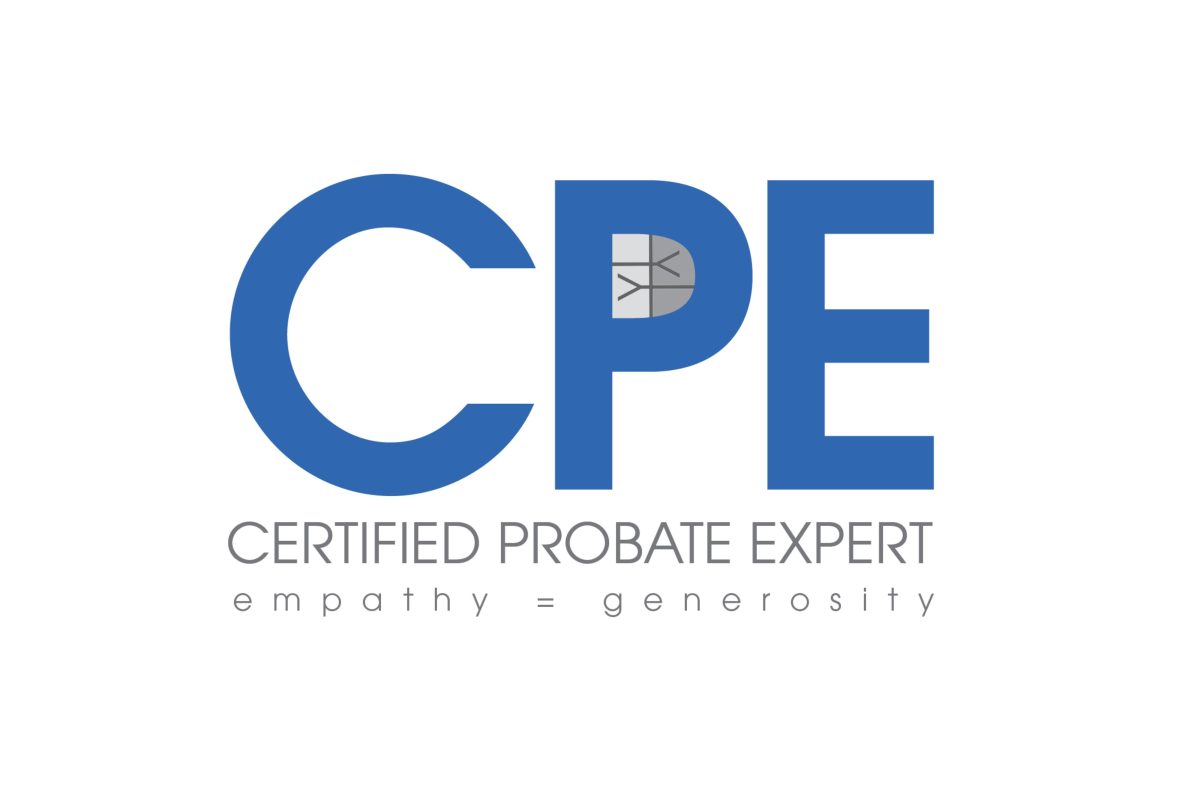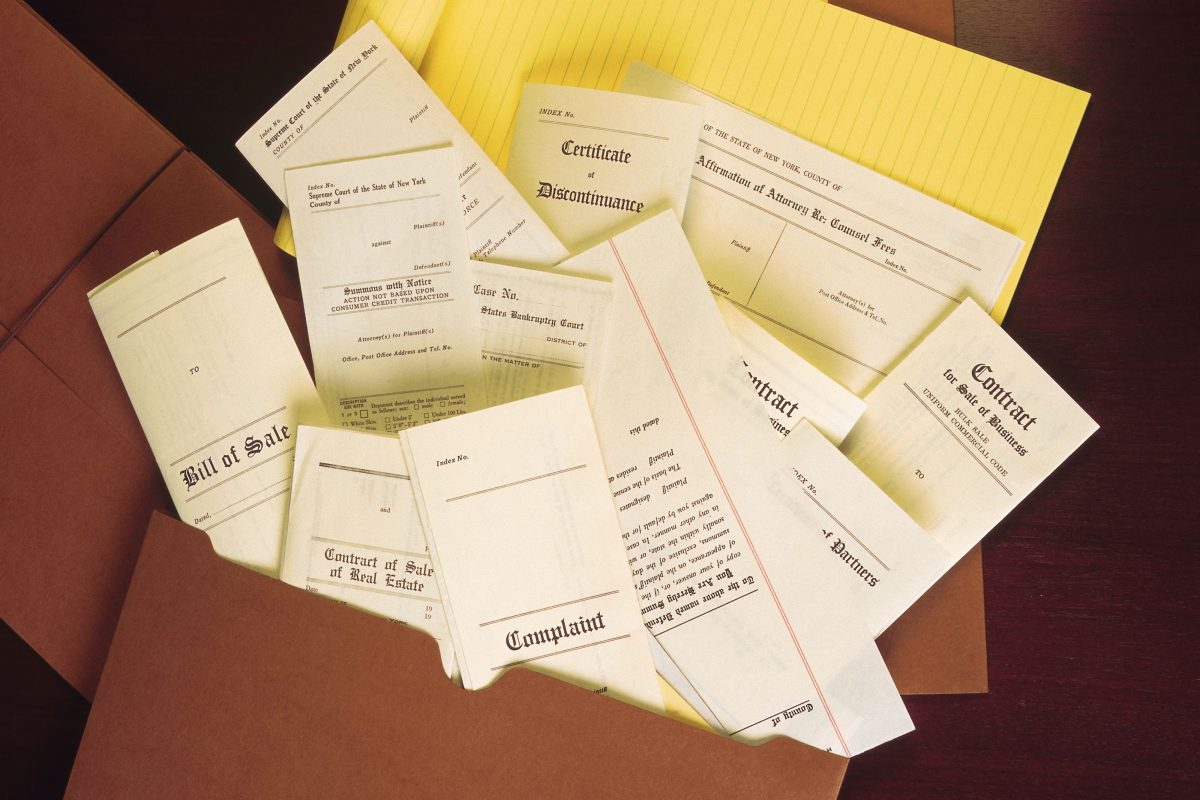Top 5 Mistakes Personal Representatives Make in Probate
Avoid Probate in Colorado with Better Estate Planning
No Will? How Colorado Intestate Laws Distribute Assets
Get a Free Probate Real Estate Appraisal in Colorado
How Mediation Helps Resolve Colorado Probate Disputes Quickly and Affordably
What You Should Know About Divorce and Estate Planning
Special Probate Rules for Minors in Colorado
How to Manage Digital Assets During the Probate Process
Vital Questions to Ask Home Care Providers First
Colorado Seniors: The Ultimate Guide to Home Buying with a Reverse Mortgage
Ancillary Probate in Colorado: What You Need to Know
What Delighted Clients Say About Colorado Estate Services
Looking for client testimonials for Colorado Estate Services? Explore our satisfied clients’ reviews and experiences with our top-notch services.
How to Secure, Winterize, and Maintain an Empty Home
What you need to do to protect an unoccupied home.
Why Hiring an Expert Probate Attorney is Essential
While it’s possible to handle probate without an attorney, doing so is often far more complicated than it seems. Just like pulling your own tooth might seem like a way to save time and money, it’s usually better, faster, and safer to leave it to the professionals. When it comes to probate—especially when real estate or significant assets are involved—hiring a probate attorney can protect you from costly mistakes, help you avoid legal issues, and make the entire process easier.
Easing the Emotional and Stressful Burden of Probate: Our Proven Approach
Navigating the Emotional Toll of Probate with Colorado Estate Services.
How to Maximize Estate Value During Probate
Top Reasons to Hire a Certified Probate Expert
At Cobb Home Team, we are Certified Probate Experts, uniquely qualified to navigate the complexities of the probate process. This certification ensures we adhere to the highest ethical standards and have undergone rigorous training, enabling us to handle all aspects of probate efficiently and effectively. Hiring a CPE provides peace of mind, knowing that your estate is managed by professionals who can offer comprehensive support and expert guidance.
The Ultimate List of Documents for Colorado Probate
When dealing with the probate process, having the right documents and information is crucial for a smooth and efficient experience. Here’s a comprehensive guide on what you’ll need and how Cobb Home Team can assist you through this challenging time.
How to Ensure Fair Estate Proceeds Distribution
Once the property has been sold and the sale is finalized, the focus shifts to the distribution of the proceeds. This step is crucial in the probate process, as it involves allocating the funds generated from the sale according to the decedent’s will or, in the absence of a will, in accordance with Colorado state law. The personal representative (PR) bears the responsibility of ensuring that this distribution is handled accurately, fairly, and legally.



















